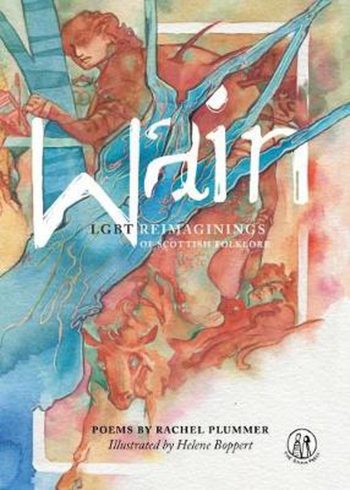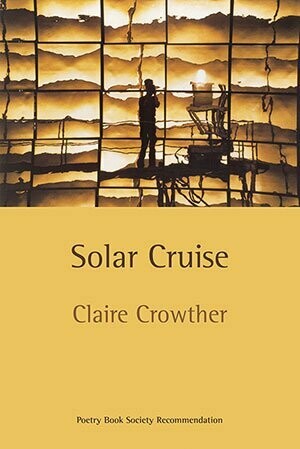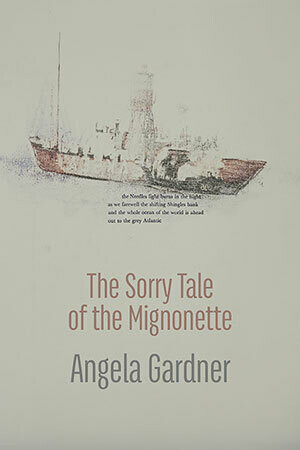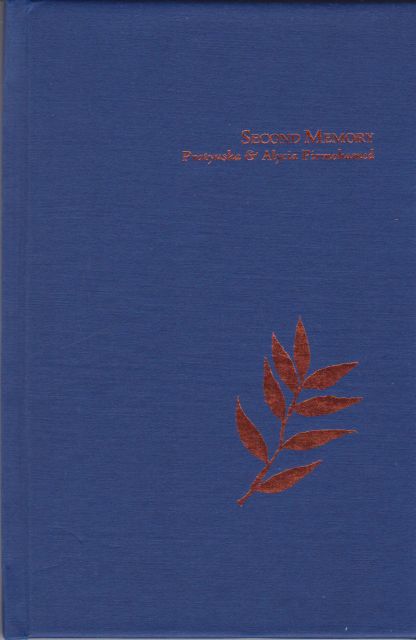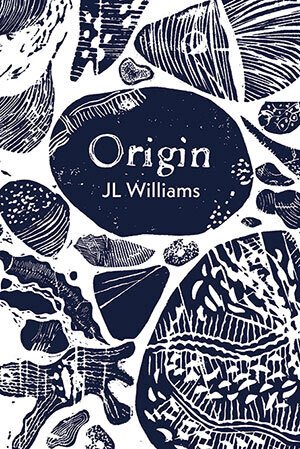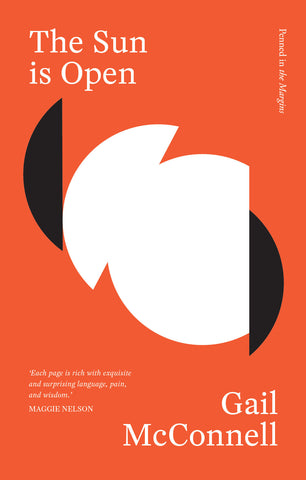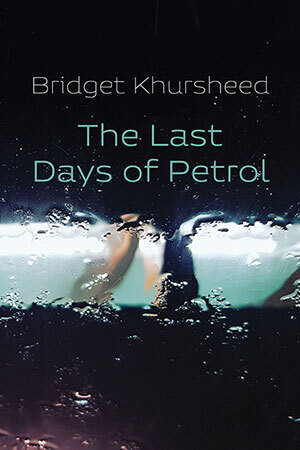Wain
Scotland is known for ancient icons such as the Loch Ness Monster, its national animal being mythical in itself (the unicorn), and its seemingly endless array of folk tales, passed down through generations. What Rachel Plummer captures in their collection Wain is a reimagining of Scottish folklore through an LGBTQ lens. This book greets you with a watercolour explosion of a cover in which a faerie creature beckons you to turn the page and enter this enchanting collection.

